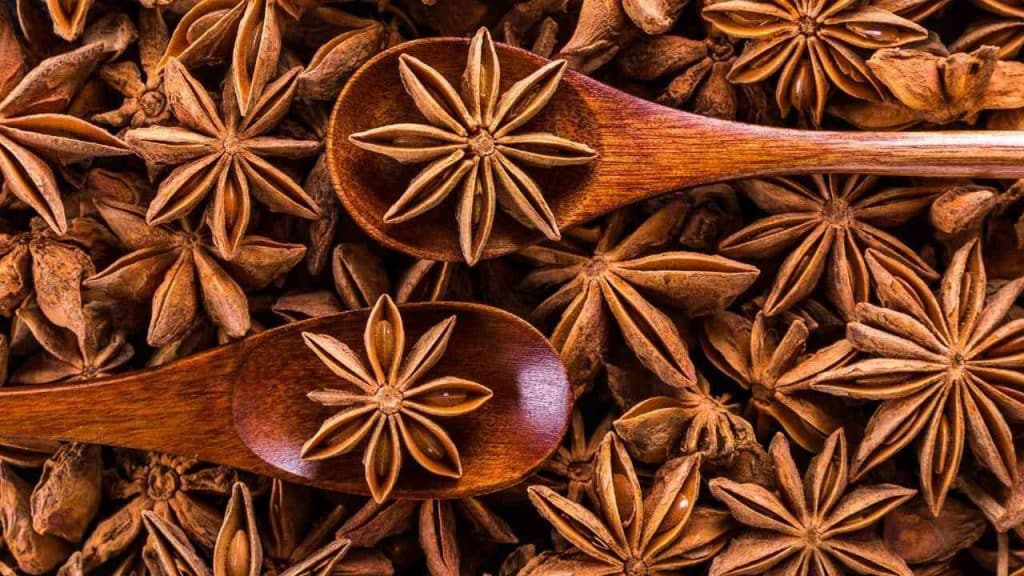Sometimes you look for certain foods to achieve specific health outcomes, and this may entail taking your regular diet and adding extra spices to it. Star anise is particularly popular in Chinese, Malaysian, Indonesian and Vietnamese cuisines, but it doesn’t just add a distinctive and delicious flavor; it can also have a range of health benefits (https://longevity.technology/lifestyle/5-surprising-benefits-of-star-anise-for-arthritis-asthma-and-more/).
Properly known as Illicium verum, the star anise tree is native to parts of Vietnam and China. We obtain the spice from its fruit. The name is fairly self-explanatory; it is star-shaped and tastes like anise (licorice), although it isn’t actually a form of aniseed. You’ll find star anise in Chinese five-spice powder and some Indian spice mixes. In Europe, it’s also used in liqueurs and mulled wine. Don’t confuse it with Japanese star anise, which can be toxic.
Traditionally, star anise has been used in treating everything from stomach issues to respiratory problems. As is often the case with folk medicine, there isn’t always a lot of scientific evidence for these long-standing claims, but we do know that star anise is a source of shikimic acid, which is used in some flu medication, so it definitely has some medical uses.
One reason that star anise may have a positive impact on the body is that it is high in antioxidants. Antioxidants are what protect us from dangerously unstable free radicals, so you hear a lot about them in discussions of nutrition. They may play a role in lowering the risk of heart disease, diabetes and cancer.
Then there are the anti-inflammatory effects of star anise. Many of the diseases of aging, such as arthritis, have been linked to inflammation. Star anise also has antimicrobial properties, boosting the immune system to fight infections. This is where the shikimic acid comes in, as well as the antifungal flavonoid anethole.
Star anise has been used for digestive health in traditional medicine, and it does seem to have an impact on bloating. On top of that, it’s been used to treat asthma, bronchitis and other forms of respiratory illness. This is because it’s an expectorant, loosening up mucus that blocks your breathing and allowing you to cough it free.
There’s still a lot of research to be done into whether the traditional medicinal uses of star anise are effective, but it’s unlikely to cause harm and might just help!




